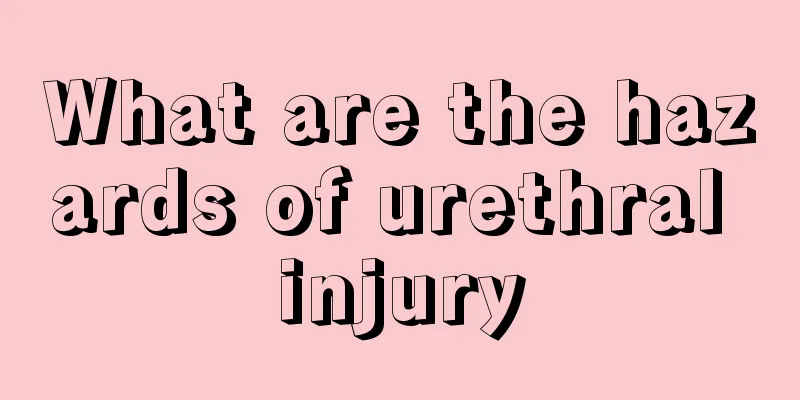Does CT enhanced contrast agent have side effects?

|
At present, CT is the best way to examine diseases. A certain amount of contrast agent will be used during the entire operation. This is a common drug that can enhance the accuracy of the examination. However, the side effects it brings to the body should not be underestimated. For example, the most common one is gastrointestinal reaction, diarrhea, abdominal pain, constipation, etc. Some patients will also experience nausea, vomiting and other adverse reactions. 1. What is a contrast agent? Contrast media (also known as contrast media) are chemicals injected (or taken) into human tissues or organs to enhance imaging observation effects. These products are denser or denser than surrounding tissue, creating contrast that is used to display images using certain devices. Such as iodine preparations and barium sulfate commonly used in X-ray observation. Contrast agents are one of the most commonly used drugs in interventional radiology procedures and are mainly used to display blood vessels and body cavities. There are various types of contrast agents, and most of the contrast agents currently used in interventional radiology are iodine-containing preparations. Since the first successful femoral artery angiography using 50% sodium iodide in the United States in 1924, contrast agent products have been continuously updated, just like the development of interventional radiology. Next, let’s learn about the side effects of CT contrast agents. 2. Are there any side effects of CT contrast agents? CT iodine contrast agents have certain adverse reactions, such as gastrointestinal reactions, vomiting, urticaria, shock and even death. Most hospitals perform iodine contrast agent allergy tests, but as a product that has been used for decades, it is safe for clinical use. The proportion of serious adverse reactions, such as shock, is about one in a thousand, and the death rate due to shock is only one in ten thousand. Professor Li Kuncheng, a famous radiation expert, believes that strictly speaking, the adverse reactions to CT contrast agents are not allergic reactions, but "allergic-like reactions." Because allergic reactions have an "allergen", the allergic-like reaction to CT contrast agents has no allergen, but modern medicine cannot clearly explain the mechanism of its occurrence. Some people are fine when injected with small doses of CT contrast agents, but have adverse reactions when injected with large doses; some people have reactions when injected with small doses of contrast agents, but are fine when injected with large doses. People with different body types react differently, and this is not a true allergic reaction. In addition, patients with renal insufficiency should not undergo enhanced CT examinations. Therefore, if you experience the above side effects after ingesting CT contrast agents, you should report it to your doctor promptly. |
<<: What are the side effects of ct contrast agents?
>>: Can dandelion cure prostatitis?
Recommend
What are the factors that induce breast cancer?
With the progress of the times, people's livi...
Tips for accidentally swallowing date pits
Dates are a common food in our lives. Most people...
Symptoms of secondary chondrosarcoma
Secondary chondrosarcoma is a rare bone tumor tha...
How to correct a protruding front tooth
A protruding front tooth is actually a buck tooth...
How to peel and shell lotus seeds
The lotus seeds we usually see are mostly in medi...
How to get a fatter face the fastest
Most people are losing weight now, but some peopl...
How to treat right lung calcification
When you cough every day but various cough suppre...
What is the effect of combined chemotherapy in early stage of metastatic prostate cancer?
What is metastatic prostate cancer? Prostate canc...
What are the symptoms of advanced liver cancer? There are 4 fatal symptoms of advanced liver cancer
Liver cancer usually has no abnormal symptoms in ...
What to do if the toilet smells particularly bad
Home is a warm harbor, but Ms. Liu, who lives in ...
Why do I feel pain on both sides of my head?
The brain is a very fragile part of the human bod...
How long can a breast cancer patient live after removing lymph nodes
Many women think that breast cancer is a type of ...
6 super popular sleep aid guides to help you sleep till dawn
Guideline 1: Don’t cover yourself with a heavy qui...
How long does it take to recover from hemisection of thyroid cancer
After hemisection of thyroid cancer, the length o...
How to remove oil stains from jeans
Nowadays, many young people do not pay attention ...









